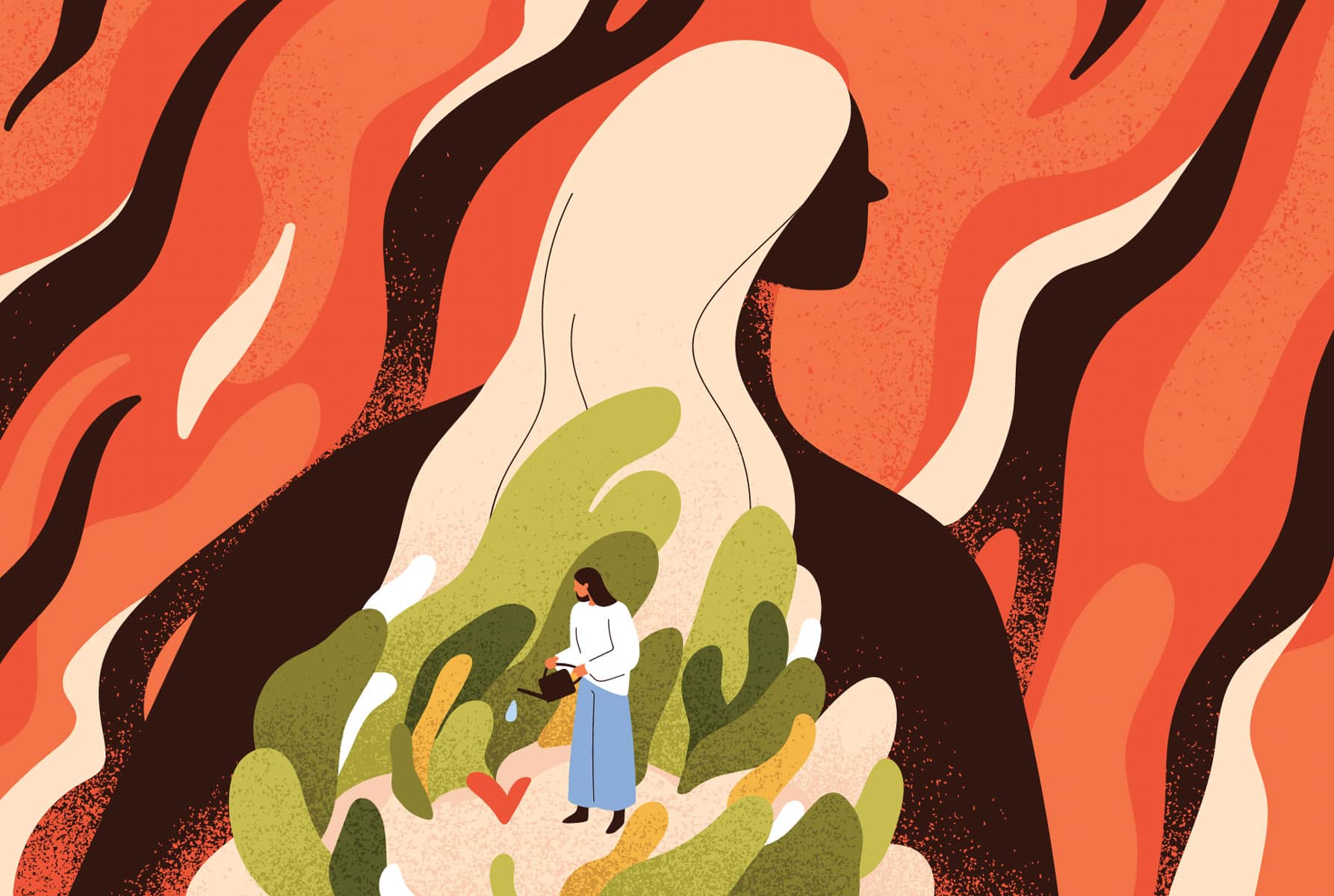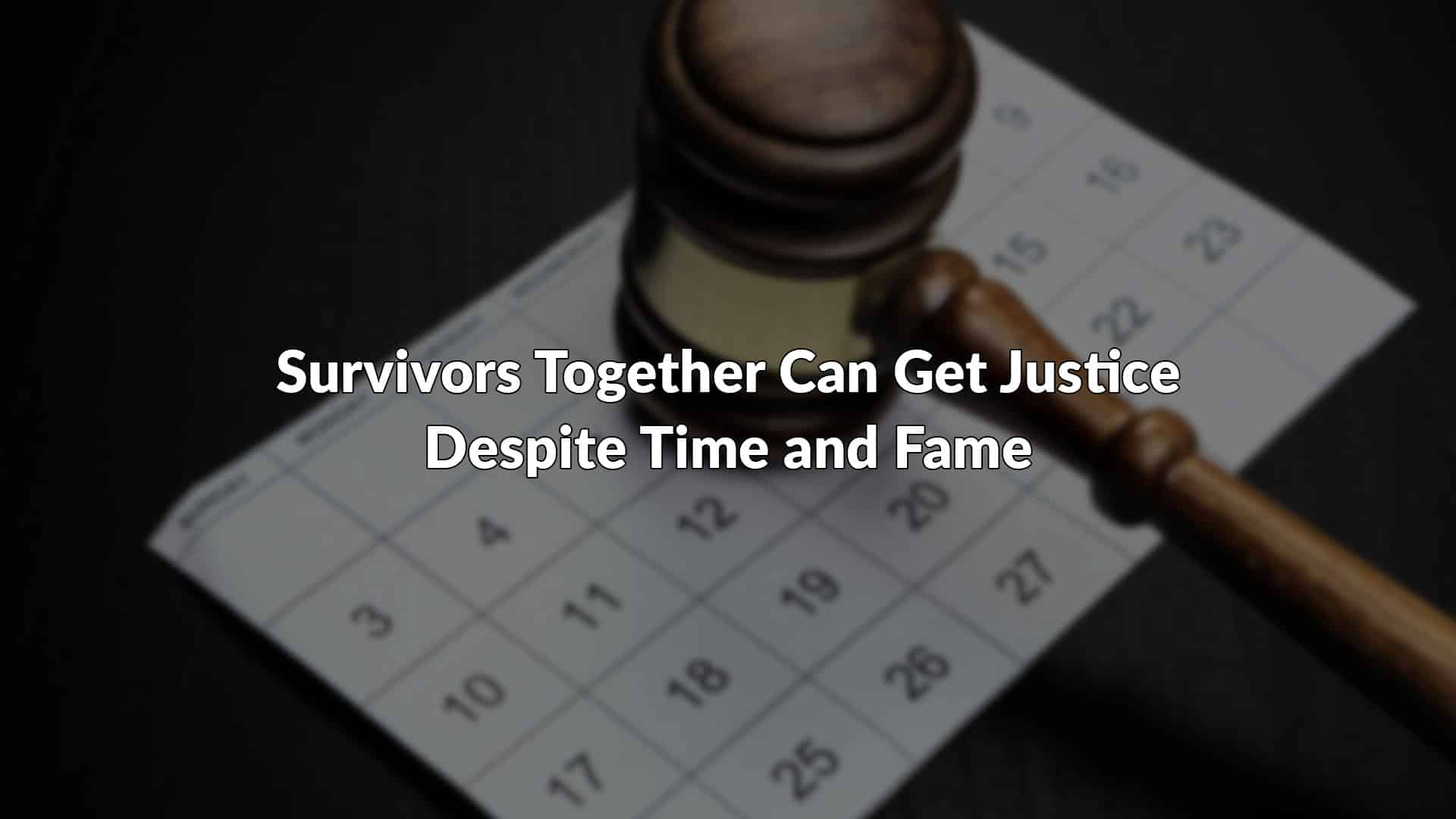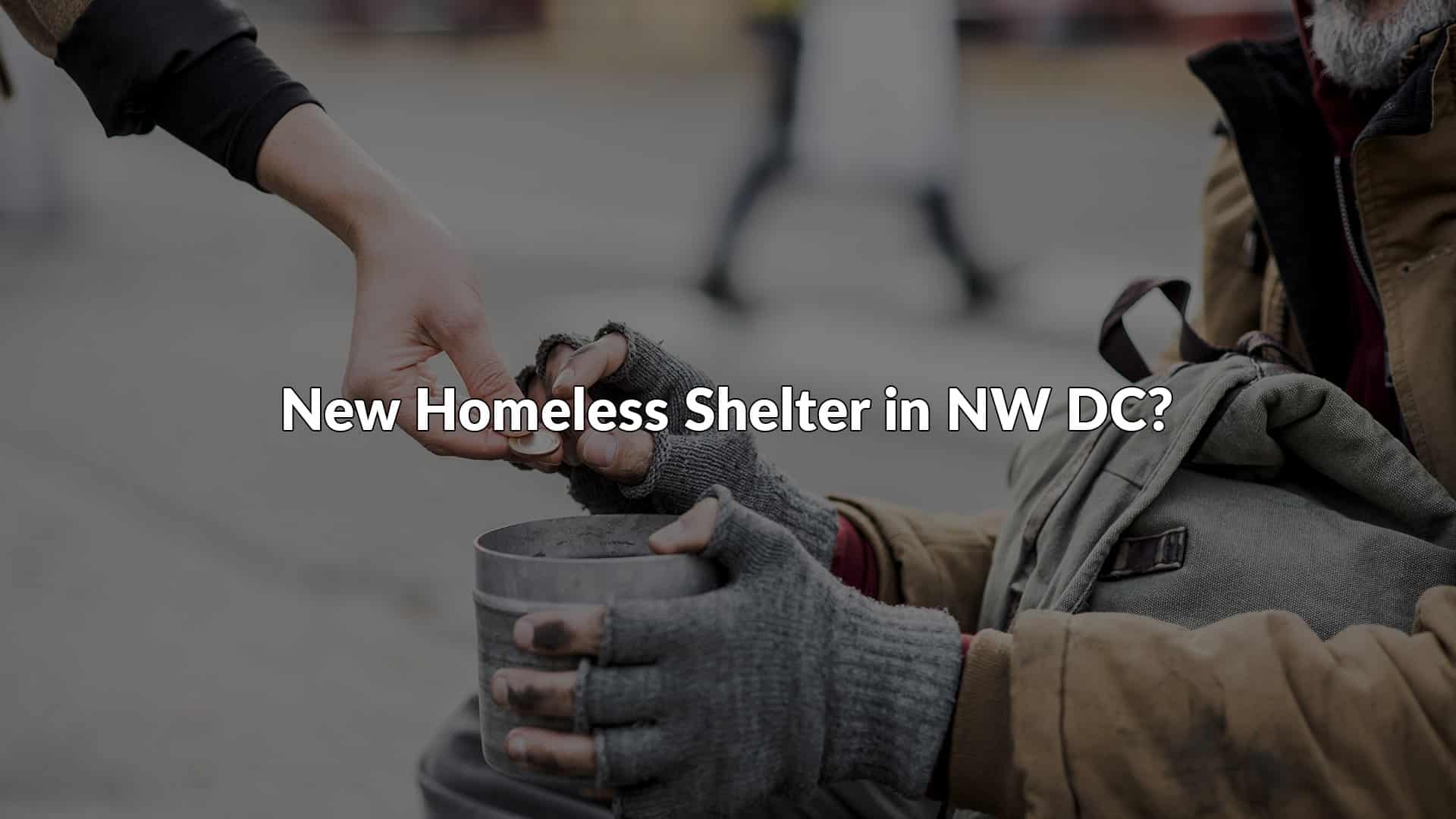Whereas current legislation criminalizes youth victimized by the commercial sex trade, this bill represents a critical step in the right direction towards treating these young people as they deserve to be treated—as victims, not criminals. Criminalizing their actions only serves to compound the immense psychological issues these young people face. As it stands, the law certainly does not constitute the best way to help a victim who is born, raised, and exploited within our city.[3]
Though the Deputy Mayor for Public Safety and Justice, Paul A. Quander, reminded us during his testimony that current legislation does not intend to re-traumatize victims and that many officers go above and beyond to treat victims well, a compassionate approach is not yet the legally mandated standard.[4]
Amara and the other organizations present firmly believe that compassion and respect, not judgment and criminalization, must be integrated into survivor-centered laws. We at Amara appreciate how the councilmembers continued to emphasize this paradigm shift throughout the nearly three-hour hearing. We also applaud and greatly admire the work of our organizational counterparts for insisting on a survivor-centered approach, especially Katie Dunn at DC Alliance of Youth Advocates.[5]
Though we appreciate the paradigm shift at the core of this bill, Amara believes that the law could better protect victims in two ways. First, Stacie Reimer, our founder, testified that the bill should include the term “anything of value” as opposed to merely a “fee” to describe a commercial sex transaction. This would offer a greater range of protection for victims because they are often forced to exchange sex for clothing, food, or shelter. Second, she testified that, though she appreciates the bill’s placement of a two-hour limit on detention sessions, it must also regulate what happens during those two hours. Stacie advocated for the implementation of a clear protocol that would minimize the use of handcuffs, rides in police cars, and interrogations in police stations without legal counsel present. Amara is grateful that the councilmembers took these responses to heart and we are optimistic that these changes will appear in later forms of the bill.
Furthermore, Stacie was grateful for the opportunity to articulate Amara’s perspective on charging victims of sex trafficking with a status offense in an effort to connect victims to mandatory services. Although being a status offender places victims in a less court-involved position than an arrest for prostitution, it still disempowers victims. Survivors of sex trafficking charged with status offenses share many of the same experiences as those arrested for prostitution: stigmatization, court appearances, a court mandated services plan, and strict consequences for non-compliance with this plan. Furthermore, a status offense will appear on juveniles’ records. Amara believes social services, not the court, offer the best solutions for helping victims of sex trafficking.
In addition to articulating the changes we desire, we also had the pleasure of hearing the compelling testimonies of our organizational counterparts. We found the other testimonies given to be inspiring and beautifully articulated. Katie Dunn of the DC Alliance of Youth Advocates, for example, provided a useful parallel to help underscore the importance of viewing this demographic as victims.[6] She stated, “You wouldn’t arrest victims of domestic violence.” This simple, yet striking claim helped emphasize to our city’s lawmakers that we must avoid thrusting children into a new form of detention and guide them to safety.
Similarly, Tashira Halyard from the Homeless Children’s Playtime Project provided another powerful parallel when she stated, “If you can’t consent to sex when you’re a minor, how could you consent to being pimped?”[7] We applaud these claims. We also stand behind Ms. Dunn and Ms. Halyard’s insistence on changing “missing child” reporting protocols in the D.C. area—finding children before they can become prey to traffickers is a critical step in trafficking prevention. The recent FBI Operation Cross Country VIII is applauded for recovering 168 children who were victims of trafficking. However, many of those children were never reported as missing.[8] As several advocates voiced, there must be improved communication between state and national level agencies focused on finding missing and exploited children.
As articulated so well by Debby Shore, the founder of Sasha Youthwork, Inc., the city must also quickly offer safe spaces to vulnerable youth to make trafficking a more difficult crime to commit.[9] Andrea Powell from FAIR Girls supported this claim with compelling statistics.[10] She stated, by the time young women and girls seek help at FAIR Girls, they have, on average, been sexually assaulted between 4,000 and 7,000 times. This exploitation cannot be tolerated in our city, the capital of the nation that purports to lead the free world.
In addition, it was remarkable to hear the testimony about the importance of survivor-led and survivor-informed anti-trafficking laws from Tina Frundt, the founder of Courtney’s House.[11] As a survivor of sex trafficking herself, Ms. Frundt’s testimony offered powerful evidence that young girls need to feel that they can go to law enforcement officials for help, without fearing criminalization.
This bill makes victims more visible within the system and reframes law enforcement as an entity providing support, not punishment. Ms. Frundt also pointed out that although police officers are often well intentioned when they arrest victims, hoping to get them off the streets, they place these individuals in another unsafe environment: jail. Ms. Frundt emphasized that jail is not a safe place for victims of trafficking and instead, they must be given the option to pursue the services they need. Sending these individuals to jail cells perpetuates the idea that they are not autonomous and cannot choose for themselves. It is important for us to empower survivors of trafficking to rebuild their lives by giving them the options and resources to do so. We appreciate the willingness of Ms. Frundt to share her story and the poise and grace with which she expressed the needs of survivors of trafficking.
Amara also appreciated the opportunity to hear criticism about the bill. Amara admires Katerina Semyonova of the DC Public Defender Service’s insistence on removing and/or amending the language in Section 5, which confuses key terms in the DC Criminal Code.[12] We hope that the new version of the bill emulates Ms. Semyonova’s keen attention to detail. Furthermore, we valued the opportunity to hear the counter argument presented by the Deputy Mayor for Public Safety and Justice. He testified that detaining one girl could be the means to saving multiple girls by removing traffickers from the streets.[13]
Though it is certainly important to find and penalize traffickers, we prioritize the rights of those individuals who have been harmed by the sex trade and we view the shift to victim-centered services as the better way to confront child sex trafficking in Washington, D.C. Amara strongly opposes the arrest and detention of victims of sex trafficking in order to question them for information about their pimps or to gain other information about the trade. Amara will continue to advocate for this paradigm shift: victims of sex trafficking should not be arrested or detained, but should instead be directed to the social services they vitally need.
We are honored to have testified about this new legislation in front of our city’s lawmakers and alongside our thoughtful and hardworking peers. We are optimistic that our city will adopt this critical paradigm shift.
By Bridget Morrison



